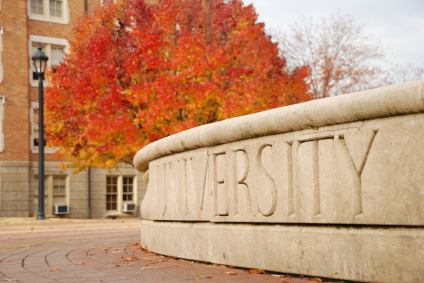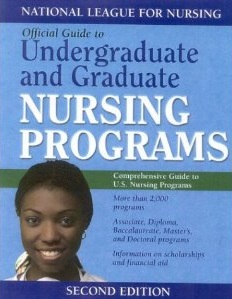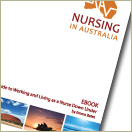|
What to Look For in a Traditional LPN SchoolNursing is one of the fastest growing professions in the United States. With dozens of schools and programs offering training to those who wish to become licensed professional nurses, or LPNs, it's not difficult to find an LPN school. The challenge for aspiring nurses lies in finding the right source of education for their interests and career goals.
Choosing an LPN School Selecting the right school for your LPN studies is the first big, important step toward launching your nursing career. After you’ve gathered all of the relevant information by asking questions and doing the necessary research, you should be adequately prepared to choose the LPN school that’s best for you. The choice of a school is more involved than simply finding a college with a solid reputation and good hiring results. It's a personal decision that will depend on many factors, including how long you're willing to study, what areas of specialty you're interested in, and whether you'd like to work concurrently with your LPN education. Although the quality of education is important, many nursing candidates choose a school based on more personal criteria, including:
Some programs offer the option of expedited LPN training, allowing students to enter the workforce more quickly and repay student loans faster, or more slowly, to accommodate those who are working part-time to fund their educations. Some programs offer the option for students to work as nurse's aides or nursing assistants during their training, which can provide valuable hands-on training during their studies. Although these programs are great for some, they’re not for everyone, so take the time to thoroughly consider what kind of educational program is the best fit for you. Finding a Good LPN School Personal considerations aside, there are a few objective criteria that are useful in choosing a good nursing school:
Return to the home page for more information on LPNs
|




